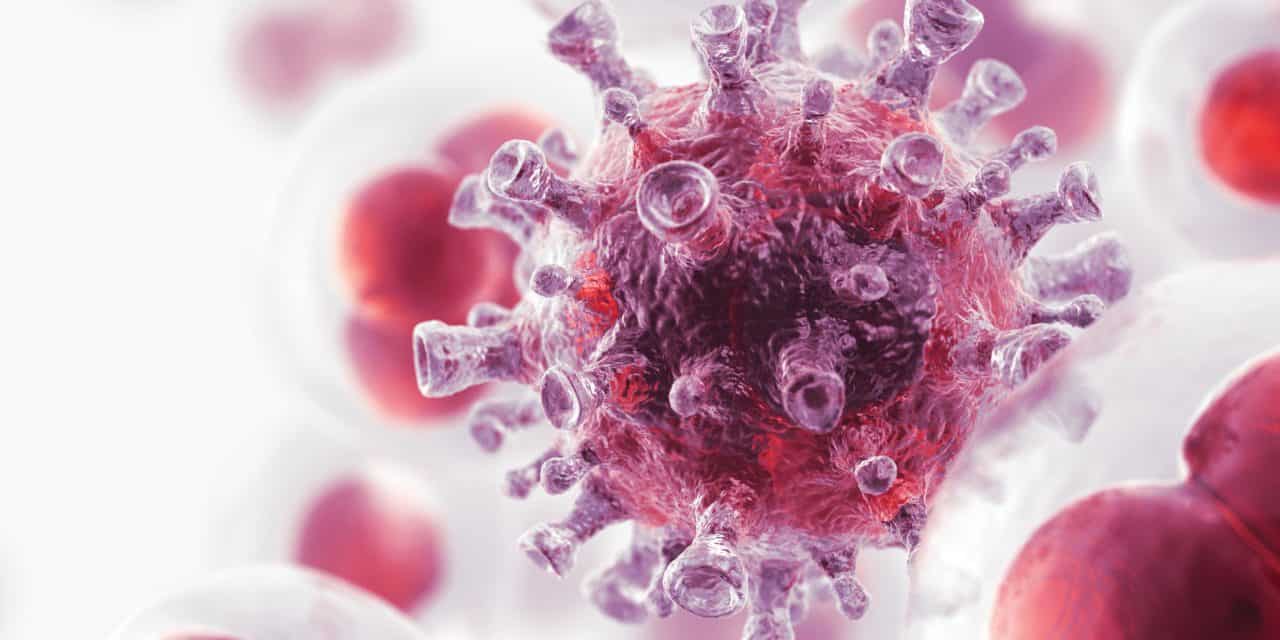Hepatocytes are the targets in autoimmune hepatitis (AIH) that results in T cell-dependent liver injury. However, hepatocytes may also affect the hepatic T cells in AIH, but the underlying mechanisms are not fully understood. Here we report that hepatocytes could secrete galectin-9 (Gal-9) to suppress the intrahepatic production of Th1 cytokine IFN-γ and restrict AIH development, but hepatocyte damage resulted in opposite effects due to release of TLR2/4 ligands that promoted the intrahepatic production of IL-1β, IL-6, and IL-12. Through Tim-3, Gal-9 could efficiently suppress the intrahepatic T cell activation despite presence of TLR2/4 ligands, thus attenuating Th1 response in AIH. Intriguingly, intrahepatic IL-6/IL-12 suppressed the effect of TGF-β on Treg cells. Therefore, in AIH, Gal-9 promoted Foxp3 expression and function of hepatic Treg cells through TL1A signaling, although Treg function was still impaired, compared with that in naive state. Due to its promoting effect on Treg function, together with its effect on T effector cells in a Tim-3-independent way, Gal-9 could attenuate intrahepatic IFN-γ production by hindering the increase of hepatic CD4CD43 T cells resulting from extrahepatic T cell activation. TLR2/4 ligands attenuated the effects of Gal-9 on Treg cells and CD4CD43 T cells by increasing intrahepatic IL-6 and IL-12. Blocking TLR2/4 ligands could efficiently suppress intrahepatic IFN-γ production, liver injury, and hepatic fibrosis. These findings suggest that hepatocytes paradoxically affect Th1 response in AIH due to Gal-9 expression and TLR2/4 ligands release, and that targeting TLR2/4 signaling may provide an important approach in the therapeutic strategy for AIH.Copyright © 2020 The Author(s). Published by Elsevier Ltd.. All rights reserved.
Hepatocytes paradoxically affect intrahepatic IFN-γ production in autoimmune hepatitis due to Gal-9 expression and TLR2/4 ligand release.


